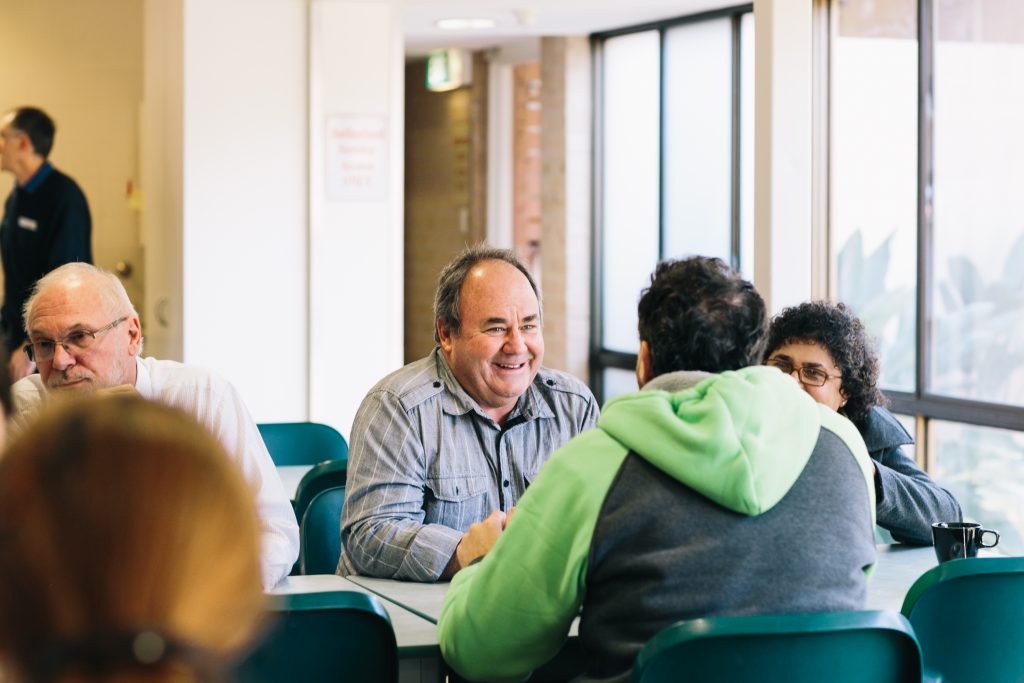The state of mental health in Australia, and the outcomes of the recent National Church Life Survey, posed a number of questions about mental health in our community.
MEDIA RELEASE
Over the last three years, the number of Australians experiencing a mental or behavioural condition has increased by over 1 million people – to over 4 million Australians or 17.5% (ABS).
In the National Church Life ‘Leaders Survey’ 2016 behind questions of faith, ‘Mental Health Issues’ were the second most common area of pastoral need in our community. Concerningly over half our community leaders also identified ‘Mental Health Issues’ as a pastoral area they are least equipped to respond to (NCL Survey 16). aifc has worked with NCLS to develop this data for Churches. View aifc’s infographic.
David Watkins, from aifc, outlines how the pastoral community need to proactively respond to this growing challenge:
1. Help reduce the negative stigma about seeing a counsellor by talking openly and positively about seeking help.
Your mental health is an area of development that can be worked on like your physical fitness or your professional development. Make a #MentalHealthPromise at 1010.org.au/make-a-promise/
2. Proactively prepare your teams with training, tools and resources to help people struggling with mental health challenges
This may mean allocating time or budget to resource your church or organisation with Mental Health short courses or resources to deal with ‘accidental counselling’ in the workplaces.
Younger leaders are more likely to feel unprepared to deal with these challenges (NCL Survey 16), so support them to seek out formal training.
3. Know how to help people get help – the 3 keys for people experiencing mental health challenges:
- Know you are not alone! Many other people are experiencing these same challenges. It’s not a sign of weakness to admit you’re feeling this way.
- Talk to someone – talk to your GP or a find a counsellor near you.
- Get connected. Loneliness and social isolation exacerbate the feelings – so find a way to connect in a positive way with other people – from spending time with family, to sport groups, or church communities – making positive connections will strengthen your overall wellbeing.
For enquiries or media commentary please contact:
David Watkins
National Partnerships Manager
Australian Institute of Family Counselling
M: 0400 478 977
Email: david.watkins@aifc.com.au
Post created by:
Sandra CIminelli
Cred. DIp.Couns. (Christian)
Sources:
Australian Bureau of Statistics, 4329.0.00.004 – National Health Survey: Mental Health and co-existing physical health conditions, Australia, 2014 – 15
Australian Bureau of Statistics, 4364.0.55.001 – National Health Survey: First Results, 2014-15
National Church Life Survey, 2016






Have you thought about becoming a qualified counsellor? It’s a great opportunity to learn how you can extend God's love and grace to the hurting out in the community.
For those who would like to enrol in aifc’s accredited Christian counselling courses we have two intakes per year for courses commencing around the following months:
Enrolment Season - opens approximately 2 months prior to our courses commencing. Enrol online here during our enrolment season.
We also offer two modes of study:
A Master of Counselling course was introduced in 2018.